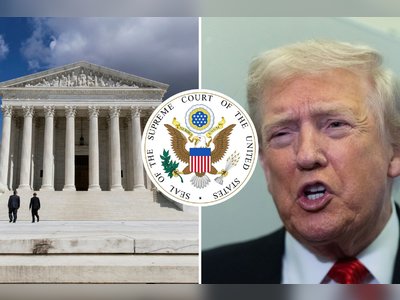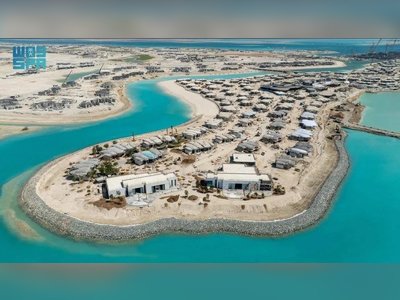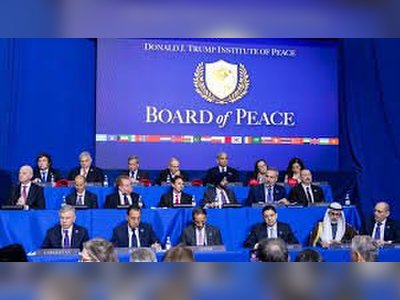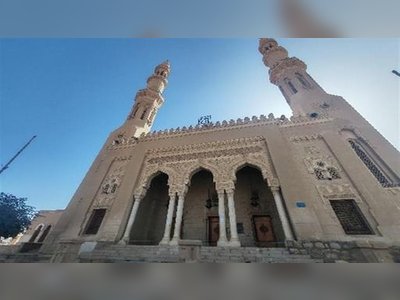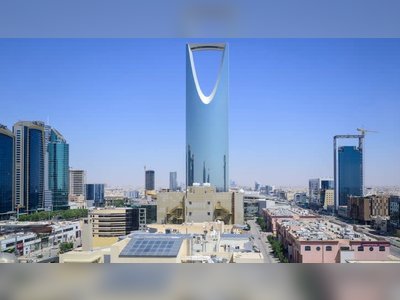COP29 Climate Summit: What Is A Carbon Credit? What Is Article 6? Top Questions Answered
The COP29 Climate Summit in Azerbaijan is tackling a major climate initiative: establishing a global system for trading carbon offset credits. Here’s a simplified explanation of what this involves and why it matters:
What are Carbon Offsets?
Carbon offsets are a tool used by some governments and companies to meet their climate targets, which involve reducing greenhouse gas emissions that contribute to global warming. If these entities struggle to reduce their own emissions directly, they can buy carbon offsets.
These offsets are investments in projects elsewhere that reduce emissions, like installing solar panels in rural areas or switching buses from petrol to electric. Essentially, buying an offset is meant to balance out the buyer's emissions by funding a reduction in emissions somewhere else.
What is Article 6?
Article 6 is a part of the Paris Agreement, which is a global treaty committed to reducing climate change. It outlines how countries can cooperate to meet their emission reduction targets. There are two main mechanisms under Article 6:
Article 6.2: Allows two countries to agree directly on how they will trade carbon credits with each other.
Article 6.4: Aims to establish a UN-managed central system for trading carbon credits. This would help ensure that money from carbon trading can support developing countries, and it could keep functioning globally even if some countries, like the US under certain administrations, pull back from the Paris Agreement.
Progress So Far At the COP26 summit in Glasgow, a basic framework for trading carbon credits was agreed upon. However, specifics on how to implement a central trading system and rules for bilateral trades were not finalized at COP28 in Dubai. Some countries, such as Japan and Indonesia, are moving forward with their own bilateral agreements despite the lack of clarity.
What's at Stake at COP29?
This year’s summit is focused on finalizing the rules for Article 6. This includes setting up 'guardrails'—rules to make sure that when countries trade emissions reductions, those reductions are real and verifiable. Negotiators will discuss how the UN’s central registry should function, whether it should just track credits or actively manage transactions.
Implications for the Voluntary Carbon Market Beyond governmental agreements, there is also a voluntary carbon market where companies that are not legally required to reduce their emissions buy credits to meet self-set climate goals. This market saw a significant drop in value due to scandals affecting its credibility. Integrating projects from this market into the UN-managed system could restore confidence. Credits approved under the UN system are expected to be more valuable.
The decisions made at COP29 could pave the way for a more robust and reliable system of carbon credit trading, aligning both mandatory and voluntary efforts with the global goals set in the Paris Agreement.
Carbon offsets are a tool used by some governments and companies to meet their climate targets, which involve reducing greenhouse gas emissions that contribute to global warming. If these entities struggle to reduce their own emissions directly, they can buy carbon offsets.
These offsets are investments in projects elsewhere that reduce emissions, like installing solar panels in rural areas or switching buses from petrol to electric. Essentially, buying an offset is meant to balance out the buyer's emissions by funding a reduction in emissions somewhere else.
What is Article 6?
Article 6 is a part of the Paris Agreement, which is a global treaty committed to reducing climate change. It outlines how countries can cooperate to meet their emission reduction targets. There are two main mechanisms under Article 6:
Article 6.2: Allows two countries to agree directly on how they will trade carbon credits with each other.
Article 6.4: Aims to establish a UN-managed central system for trading carbon credits. This would help ensure that money from carbon trading can support developing countries, and it could keep functioning globally even if some countries, like the US under certain administrations, pull back from the Paris Agreement.
Progress So Far At the COP26 summit in Glasgow, a basic framework for trading carbon credits was agreed upon. However, specifics on how to implement a central trading system and rules for bilateral trades were not finalized at COP28 in Dubai. Some countries, such as Japan and Indonesia, are moving forward with their own bilateral agreements despite the lack of clarity.
What's at Stake at COP29?
This year’s summit is focused on finalizing the rules for Article 6. This includes setting up 'guardrails'—rules to make sure that when countries trade emissions reductions, those reductions are real and verifiable. Negotiators will discuss how the UN’s central registry should function, whether it should just track credits or actively manage transactions.
Implications for the Voluntary Carbon Market Beyond governmental agreements, there is also a voluntary carbon market where companies that are not legally required to reduce their emissions buy credits to meet self-set climate goals. This market saw a significant drop in value due to scandals affecting its credibility. Integrating projects from this market into the UN-managed system could restore confidence. Credits approved under the UN system are expected to be more valuable.
The decisions made at COP29 could pave the way for a more robust and reliable system of carbon credit trading, aligning both mandatory and voluntary efforts with the global goals set in the Paris Agreement.
